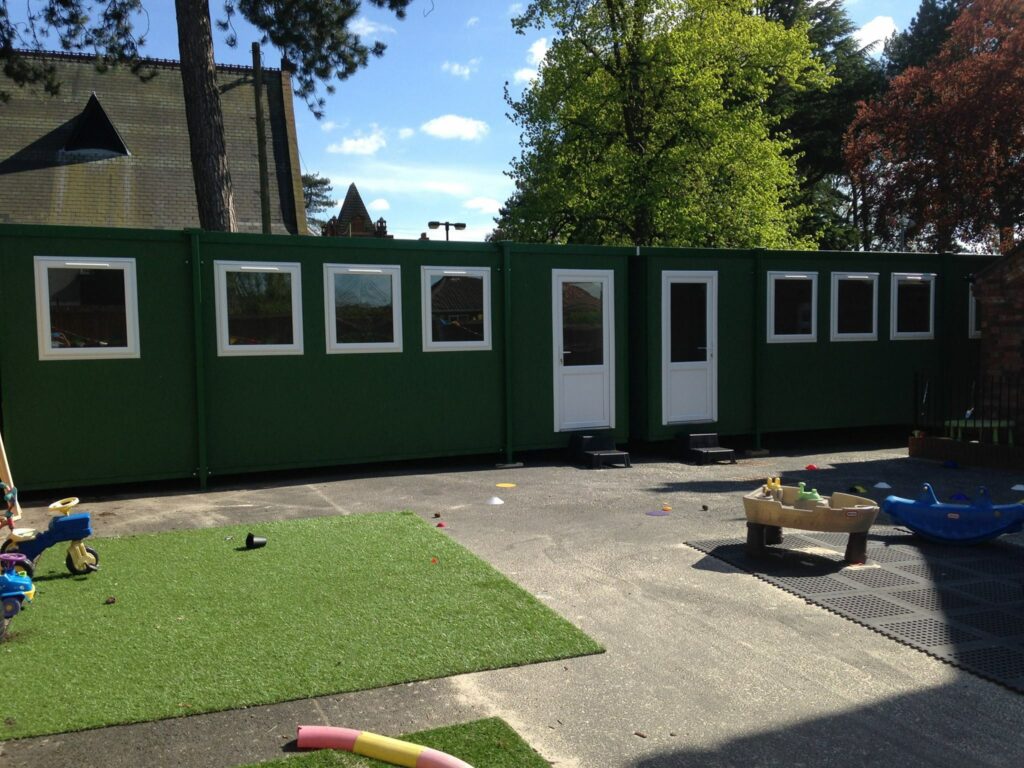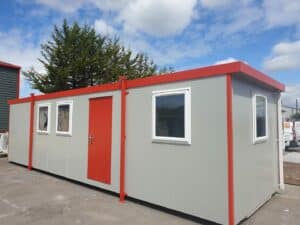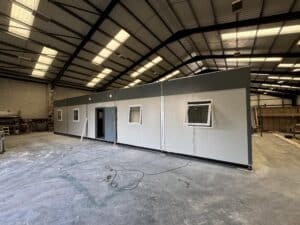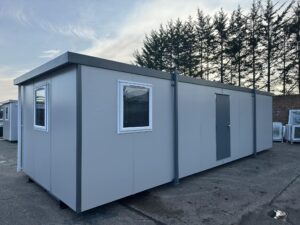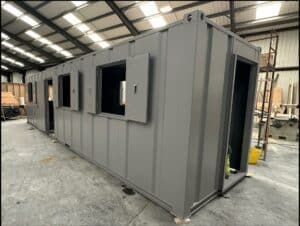Modular Buildings have become increasingly popular due to their cost-effectiveness, flexibility, and quick construction time. A common question arises about their durability and lifespan. Understanding the factors that contribute to the longevity of Modular Buildings can help you make an informed decision for your needs.
Lifespan of Modular Buildings
Modular Buildings are designed to last as long as traditional buildings when properly maintained. With a lifespan typically ranging from 25 to 50 years, these structures offer a reliable solution for various needs, including offices, schools, healthcare facilities, and residential units. The longevity of a Modular Building depends on several factors:
Quality of Materials: High-quality materials and modern construction techniques ensure that Modular Buildings are robust and durable. Many manufacturers use steel frames and other resilient materials to enhance structural integrity.
Maintenance: Regular maintenance is crucial to extending the lifespan of any building, and Modular structures are no exception. Routine inspections, repairs, and updates can prevent minor issues from becoming major problems.
Environmental Conditions: The location and environmental conditions where the Modular Building is installed play a significant role in its durability. Buildings exposed to extreme weather conditions may require more frequent maintenance to ensure longevity.
Usage: The intended use of the Modular Building also impacts its lifespan. For example, a Modular Office Building with high foot traffic and heavy use may experience more wear and tear than a residential modular home.
Advantages of Modular Buildings
Aside from their impressive lifespan, Modular Buildings offer several advantages:
Cost-Effectiveness: Modular Buildings are often more affordable than traditional construction due to reduced labour costs and faster build times.
Flexibility: These structures can be easily expanded, modified, or relocated to meet changing needs, making them a versatile solution for many applications.
Sustainability: Modular Construction generates less waste and often uses eco-friendly materials, contributing to a more sustainable building practice.
Speed of Construction: Modular Buildings can be constructed significantly faster than traditional buildings, reducing downtime and allowing for quicker occupancy.
Spacemaker Modular Buildings
By considering these factors and benefits, you can ensure that a Modular Building meets your long-term needs, providing a durable and versatile solution for various applications.
Spacemaker supply and deliver high quality Modular Buildings around the UK. This includes Modular Offices, Modular Classrooms, Double Storey Modular Buildings and many more.

